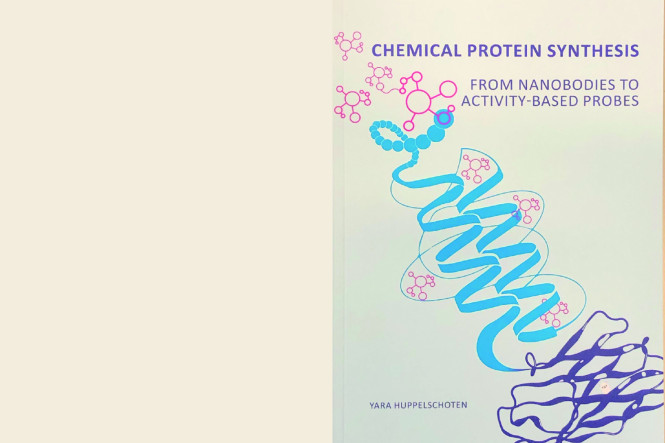Access to site-specifically modified proteins unattainable via biochemical or enzymatic approaches has greatly increased over the past few decades due to the improvement in chemical protein synthesis. These synthetic proteins have contributed to the fundamental understanding of various biochemical processes and structure elucidation.With this progress in chemical protein synthesis, the amount of chemically synthesized protein derivatives used to elucidate biological processes greatly expanded. One research field that benefited from this is ubiquitin (Ub) and ubiquitin-like (Ubl) signaling. Chemical tools modified with valuable chemical moieties e.g. fluorescent tags or warheads have contributed to the deciphering of Ub signaling. This thesis describes the development of SUMO fluorescent polarization (FP) probes in 96-well format, based on a native chemical ligation – desulfurization approach and the subsequent use in a FP assay towards several SENPs, the linear synthesis of LC3A and LC3B containing a fluorescent label using infrared heating, a NCL approach for the synthesis of LC3 activity-based probes, a novel method to selective lysine ubiquitinate and the chemical synthesis of a functionalized Nb targeting green fluorescent protein (GFP) using a three-segment NCL approach.
Thesis defense Yara Huppelschoten
On April 20th 2023 15.00 Yara Huppelschoten will defend her thesis entitled 'Chemical Protein Synthesis: from Nanobodies to Activity-Based Probes'.
Promotor: Prof. Dr. A.C.O. Vertegaal
Co-promotor: Dr. G.J. van der Heden van Noort
